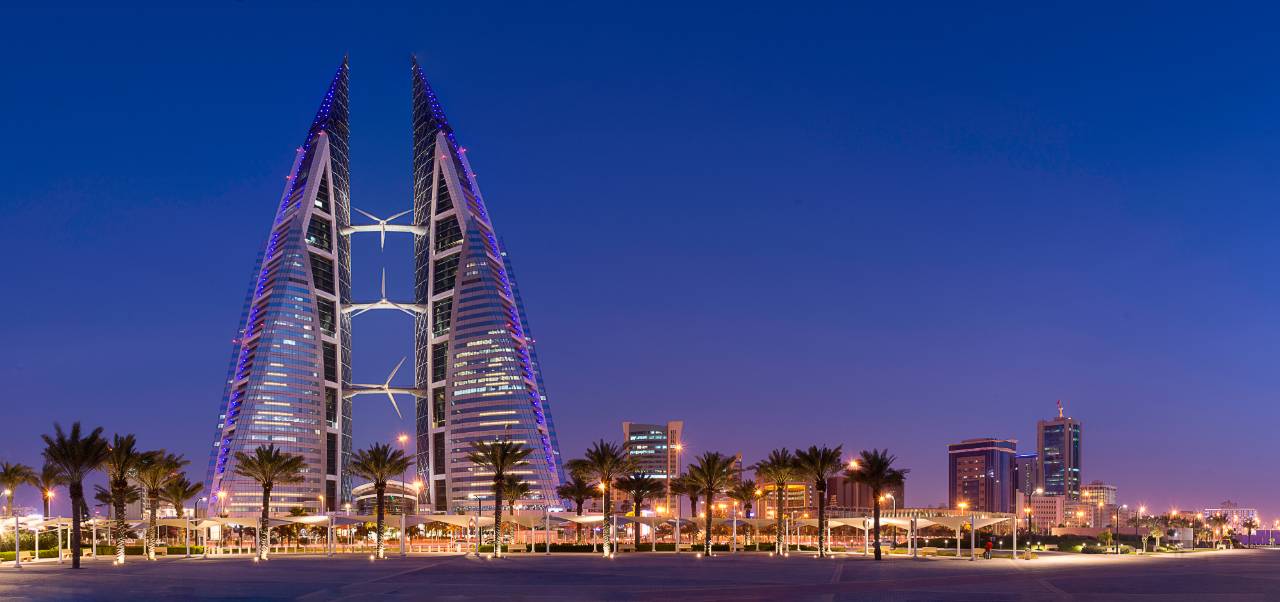
After gathering momentum over several years, foreign direct investment into Bahrain slumped in 2019 and, due to the Covid-19 pandemic, the picture is unlikely to get any brighter in the near future. Lara Williams reports.
Foreign direct investment (FDI) in Bahrain is expected to continue on a downward trend, compounded by the economic fallout from the Covid-19 crisis.

Discover B2B Marketing That Performs
Combine business intelligence and editorial excellence to reach engaged professionals across 36 leading media platforms.
FDI inflows to Bahrain decreased by 43% in 2019, according to the United Nations Trade Conference on Trade and Development (UNCTAD) 2020 World Investment report.
Bahrain has seen fluctuations in inward investment over the past two decades. The country experienced a drop in FDI in the wake of the 2008 financial crisis and subsequently during the Arab Spring uprisings of 2010–12. But FDI had been growing steadily over the years, reaching $1.42bn in 2017 until it peaked in 2018 at $1.52bn, before falling sharply in 2019 to $942m.
Reform benefits
The FDI peak in 2018 was largely a result of economic reform and new growth within the country’s manufacturing sector. Key reforms included permission for full foreign ownership in companies involved in oil and gas drilling activities.
In 2018, the US company Mondelez International and Italy’s Ariston Thermo Group set up manufacturing facilities in Bahrain International Investment Park, a special economic zone. The two companies were among 32 new or expanding businesses setting up manufacturing, transport or logistics hubs in the country in 2018.

US Tariffs are shifting - will you react or anticipate?
Don’t let policy changes catch you off guard. Stay proactive with real-time data and expert analysis.
By GlobalDataThe main reason for the decline in FDI after 2018 was the concentration of FDI in light manufacturing and services, two sectors that tend to be more sensitive to regional and macroeconomic trends, according to UNCTAD.
The future of FDI in Bahrain faces a bleak outlook for 2020, particularly in the manufacturing sector. According to UNCTAD, global flows of FDI will be under severe pressure due to the Covid-19 pandemic and are expected to fall by up to 40%.
Bahrain ranked 43rd out of 190 countries in the World Bank’s Doing Business 2020 report, up 19 places on the previous year as well as being named the fourth most improved economy in the world.




